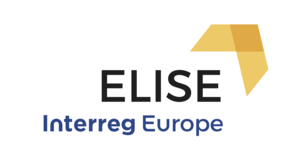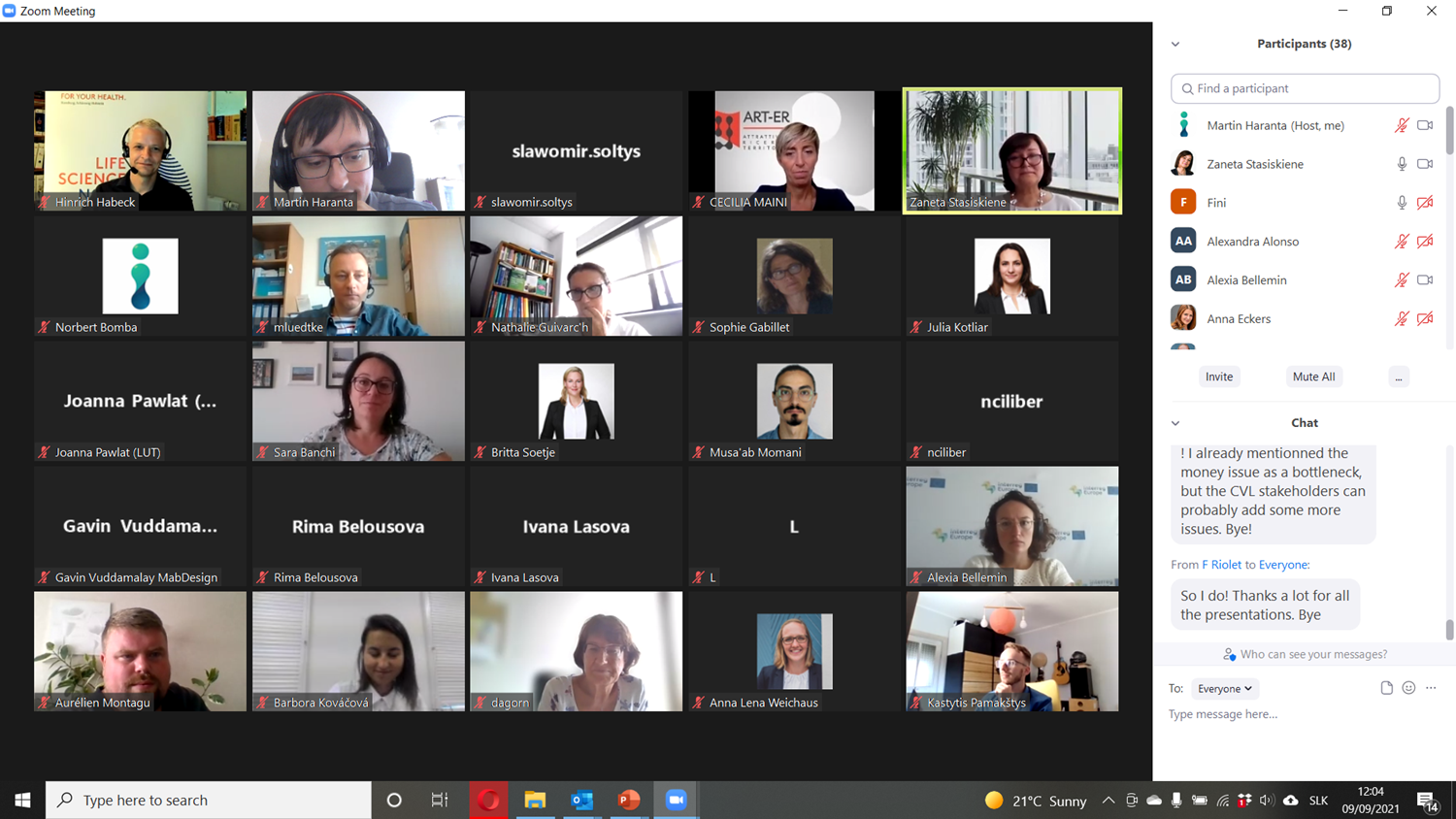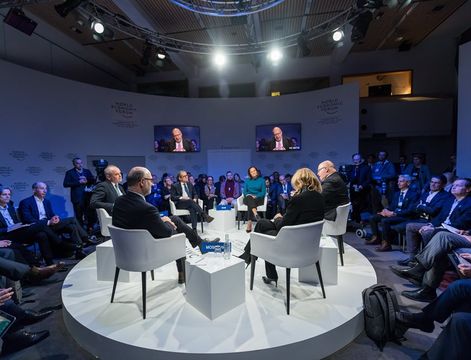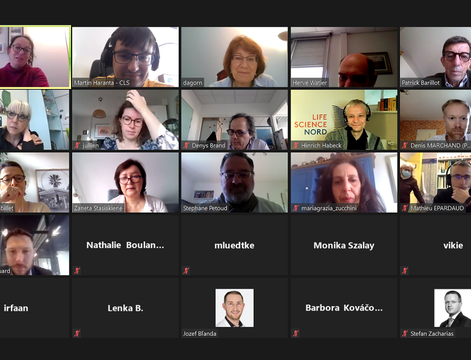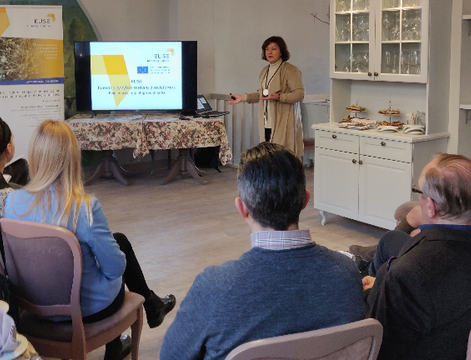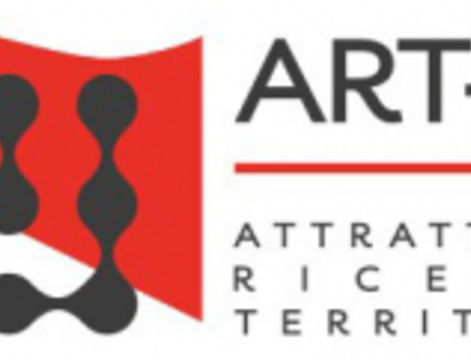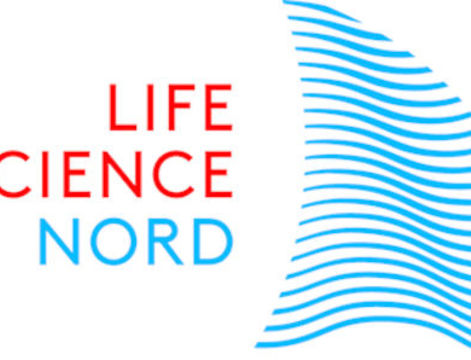14. November 2018
Košice – Comparing to other EU countries, Slovakia significanlty falls short in innovation performance. One of the reasons is also the insufficient development of an environment that encourages the emergence of innovation. Cassovia Life Sciences together with the Košice Selfgoverning Region have prepared an international innovation forum for research and innovation ecosystems with the participation of partners from Germany, Italy, France, Poland, Lithuania, the Czech Republic, Hungary and Austria. The forum was organized under the auspices of the international project ELISE to support the creation of so-called "Research and Innovation Ecosystem" also in Slovakia.
Slovak science suffers from a lack of finances. One of the causes is also the lack of cooperation not only at the national, but especially at the international level. In Western Europe, these problems have been solved by "research and innovation ecosystems". These ecosystems have been operating for years in countries such as Germany, Italy, France, but are also emerging in Poland and Lithuania.
20 speakers from 9 EU countries shared experience from different aspects of the innovation ecosystem in order to achieve the main goal - increasing Slovakia's innovation potential. The forum was specifically focused on Life Sciences and brought unique lectures and perspectives, together with a presentation of Slovak Innovation Capacities. Within the forum, participants had the opportunity to meet new potential partners and establish new cooperation at international level. The forum was held in TECHNICOM - the Technology Park of the Technical University in Košice, in order to link the theme of the conference with one of the most advanced research and innovation infrastructures in Slovakia.
Speakers from Italy, Cecilia Maini and Sauro Vicini presented best practices how they achived creation of a health cluster from a life sciences platform. Also Gudrun Mernitz and Frank Graage from Germany as well as Dorota Skwarek from Poland presented best practices of operating ecosystems in their countries. Libor Friedl from Czech Republic explained the role of clusters in innovation ecosystems. The coordinator of the ELISE project, Žaneta Stasiškiene, rounded the topic in description of the ELISE project aims which end up in panel discussion with 7 professionals from different countries.
Another part of the forum was dedicated to presentation of local achivements such as research infrastructure MEDIPARK represented by Pavol Jarčuška, Technology and Innovation Park of the PJSU University in Košice presented by Pavol Miškovský or EIT Raw Materials Regional Hub presented by Jana Šmihulová from Technical University. Edmund Škorvaga from Ministry of Economy informed on the latest support actions for creation of clusters and innovation ecosystem in Slovakia. Speakers Felix Gajdusek from Austria and Dávid Bereczkei from Hungary spoke about support of research infrastructures in their countries and their integration into economic development.
During the day were running parallel billateral networking meetings for participants in order to support creation of new collaborations between clusters and ecosystems.
The event was presented to journalists at the press conference and later metioned at portal of Slovak Press Agency TASR as well as in the evening news of the Slovak national radio station Slovenský Rozhlas.
*Innovation ecosystem is the term used to describe the large number and diverse nature of participants and resources that are necessary for innovation. These include “entrepreneurs, investors, researchers, university faculty, venture capitalists as well as business development and other technical service providers such as accountants, designers, contract manufacturers and providers of skills training and professional development”
